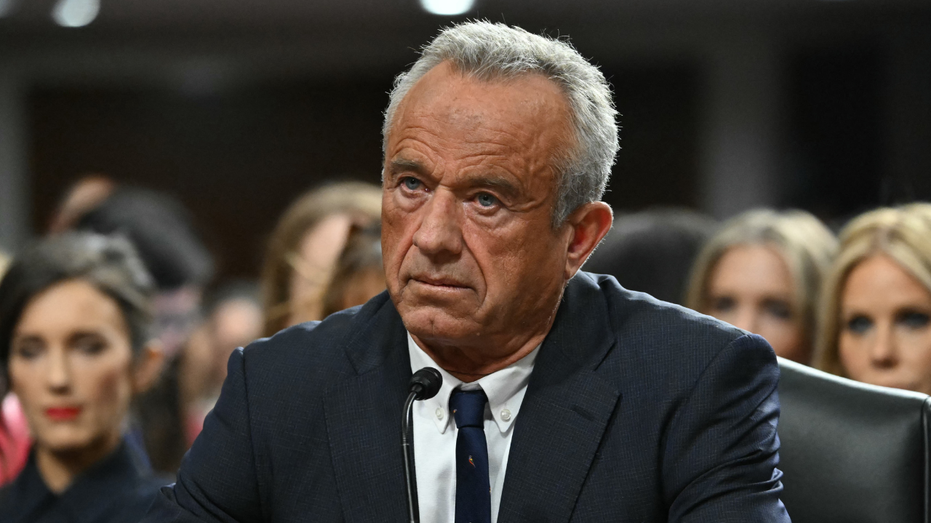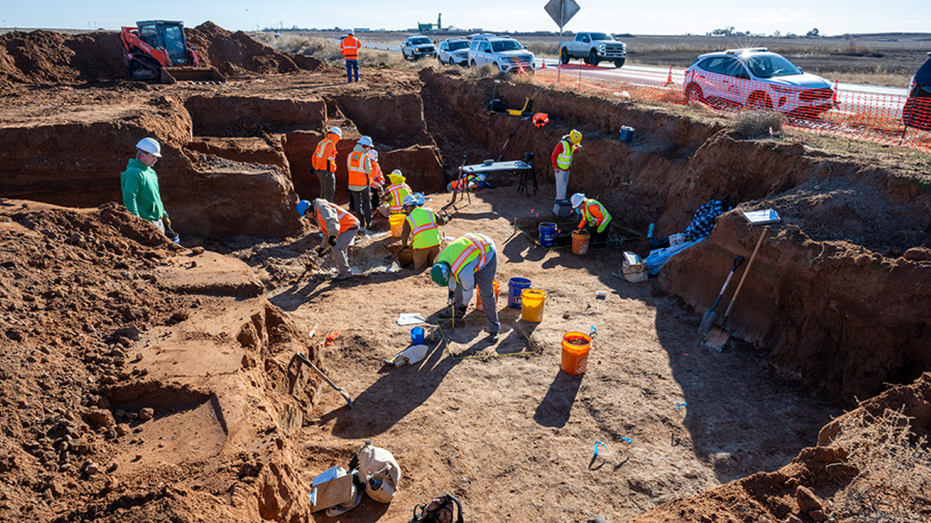- by foxnews
- 24 May 2025
‘I’ve never felt this vulnerable’: Guardian readers share their rental crisis horror stories
‘I’ve never felt this vulnerable’: Guardian readers share their rental crisis horror stories
- by theguardian
- 07 May 2022
- in news

Exorbitant rent increases, no-grounds evictions only weeks after moving in, fungi and mould infestations, and scores of denied applications. Renters have shared their horror stories of the crisis in Australia's housing market.
Guardian Australia received more than 110 responses to our series on the national rental crisis. They painted a picture of devastating failures of basic maintenance from broken stairs to rotting cupboards and rental homes without usable cooking appliances.
Many renters described feeling disrespected by their landlords, the real estate agents paid to manage the property, and a society that allows the living conditions of so many people to be so precarious.
Rent hikes on existing leases was by far the most common complaint, with renters reporting increases from an extra $45 per week on a two-bedroom townhouse to an additional $240 per week on a house.
"Two days ago I received an email from the real estate agent notifying me that my rent would be increased from $450pw to $550pw," a 27-year-old student in inner-city Sydney wrote.
A 48-year-old aged care worker and mother of three wrote: "We previously lived in Box Hill, Sydney, and were given an eviction notice due to the owners wanting our rent of $540 per week to [be raised to] $700 per week due to market rents sky-rocketing."
Renters in coastal regions of New South Wales and Queensland, in particular, described struggling against a combination of hiked-up rental prices thanks to an influx of residents, a rush to sell that has seen owners issuing no-grounds eviction notices in order to capitalise on inflated house prices, and large-scale displacement due to natural disasters.
Rental bidding is rife, with many renters looking for a home reporting they were told that offering over the advertised price was the only way to secure even substandard properties.
A 44-year-old Sydney resident described inspecting the house he and his family eventually rented out of desperation, by offering $150 per week over the advertised weekly rent.
"On our first walk through, the house was a disgusting mess and it smelt of damp so bad we had to cover our noses, but we were assured of a deep clean," he wrote.
"We found out quite quickly that the smell was due to a rising damp problem as well as leaky roofs, which we could live with by opening windows and constant cleaning. But with the recent rains there is mould all over the ceiling which keeps coming back. We've had so many leaks I can't count and the carpets are black around the edges in some rooms."
Maintenance issues were common, including urgent repairs going unaddressed, resulting in houses that were only partially habitable.
A woman in her 20s wrote about her rental in Melbourne's west: "There was a water leakage issue in the shower which caused the tiles underneath to be inundated with water, causing mushrooms to grow in the bathroom crevices (on multiple occasions)."
For those with a disability or access needs, these issues were compounded.
A 46-year-old woman who is also the carer for her autistic son wrote she had recently been diagnosed with cancer.
"When our lease came up for renewal we explained our situation and asked for two more years to give stability. The landlord came back with a $60 a week increase even though the agent agreed with us that it was significantly over market value."
They eventually agreed on a $30 per week increase with a year-long lease, but that it would rise again by $30 the following year. She felt taking it to the tribunal was impossible.
A 39-year-old woman from Sydney, who was disabled after a car accident that left her with nerve damage, said her current home was "an overpriced one-bedroom granny flat" that she had lived in since her previous rental was sold, only two weeks after she had moved in.
"This place is not suitable for my needs," she wrote. "There's a steep gravel walkway (I have mobility challenges) and the bathroom is so small that the door doesn't open wide enough to get a shower stool in there. There's an issue with landlords conducting repairs in a timely manner. I was without a cooking method for over a year, the front door can't be locked from the exterior and the showerhead broke a week after moving in and still hasn't been repaired."
She had been looking for a new house, she said, but there were almost no affordable options. Even the unaffordable ones were not feasible.
"Suitability is still an issue and these properties are still miles away from my healthcare providers. There are images of these properties showing their need of repairs, kitchen cabinet doors falling off the hinges, lack of silicone around sinks and bathtubs, damage to the exterior of the oven, some are clearly filthy," she wrote.
"The other issue is the number of agents now asking for months of rent upfront. For people like me, whose rent is more than 75% of my income, how am I supposed to save up to provide months of rent upfront?"
Many older renters expressed concern about their future. Some said they were currently homeless - and in some cases, they had been so for years, living out in the elements or out of camper vans or cars - as they had been unable to find a new home before losing their previous one.
"As someone on the cusp of the fastest-growing demographic of homelessness, I'm terrified of what the future holds," a 49-year-old woman wrote.
It's not just Australia's most vulnerable who are feeling the screws tighten: renters with secure jobs and support networks who wrote to Guardian Australia said they have been startled by the sudden precariousness of their situation - and expressed concern for those less fortunate.
"We're in our 30s and 40s, in secure salaried positions with positive rental histories and I've never felt this vulnerable as a tenant before," wrote a music teacher from Melbourne.
A 48-year-old writer said her family had spent months searching for a new house for their family of four.
"As a family with two full-time incomes, we thought we would be at some advantage, but found that this is no longer the case at all. Houses in Melbourne's inner suburbs are now priced at around $300 [per week] per bedroom, minimum. This is hugely expensive for anyone - but for parents who have to cover the entire rent on their own (around $1200 for a four-bedroom house), this is a significant weekly outlay - easily putting us in the rent/mortgage stress category. I have no idea how single parents are coping!"
Single parents say things are impossible.
A 42-year-old single mother with four children described how she had spent time in emergency accommodation, the criteria of which was to apply for at least 10 rental properties per week.
"When I turned up to most inspections there were single couples with no children applying for four-bedroom homes, as there's also a shortage of smaller properties," she wrote.
In another house, she said, the tenant was still there while the house was open for inspection, as they were sick in bed with Covid-19.
After months of knock-backs, the woman was told by real estate agents that if she could offer up to six months' rent in advance, and show she had at least $30,000 in savings, she would be a more desirable tenant. "I would have my own house if I had that sort of money," she said.
- by foxnews
- descember 09, 2016
Texas road construction unearths 'colossal' prehistoric remains of 'big ol' animals'
Archaeologists in Texas recently discovered prehistoric megafauna bones, including a giant ground sloth, during a highway project in Lubbock, according to officials.
read more


